The president's ongoing battle against what he calls the "oligarchic media" has added a new front. The radio program "Suddenly with Chávez" (De Repente con Chávez) began broadcasting Feb. 8, and as its name suggests, it can go on the air at any moment, the Guardian and Times of London report.
Latin American newspapers will only survive with help from the state, but not by continuing to rely on the government for placing ads, longtime media observer Eduardo Bertoni writes for the Huffington Post.
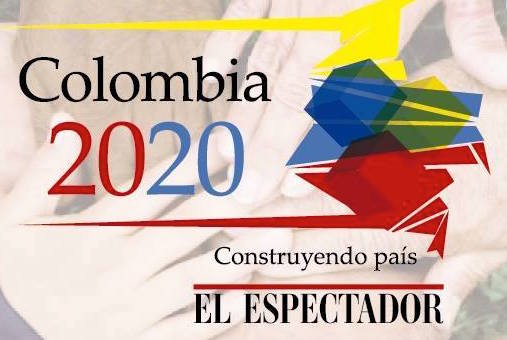
Pacifista and Colombia 2020 are two informative projects that share the objective of fulfilling a pedagogical role, combining the explanation of news related to peace issues with a judicious analysis of the context.
![The New York Times building in New York City (Photo: Ajay Suresh from New York, NY, USA [CC BY 2.0])](https://latamjournalismreview.org/wp-content/uploads/2020/05/New_York_Times_Building_-_New_York_Times_Logo_48193455772.jpg)
In a note to readers on Sept. 17, The New York Times abruptly announced the end of its Spanish edition, after more than three years, for financial reasons.

The crisis of the traditional journalism business model has intensified with the coronavirus pandemic. In Brazil, newspapers are laying off workers, cutting wages and slashing journalists' work hours.
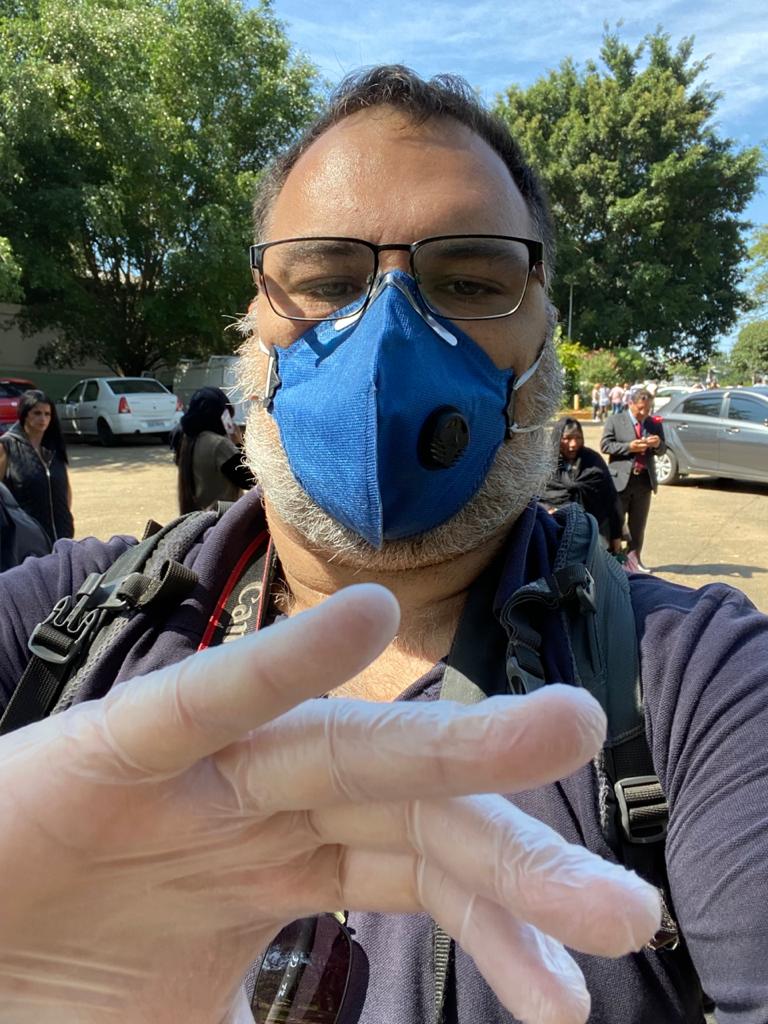
The rule is to work from home, however, for a certain group of press professionals, this isn’t a possibility. Photojournalists need to be on the streets to document the crisis closely.
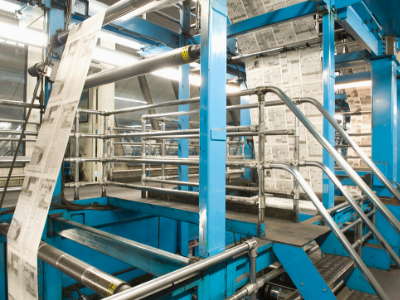
The reduction or suspension of print editions, salary cuts and mass layoffs. The coronavirus pandemic has hit the financial health of Latin American media companies at a time when journalistic work is essential for society.
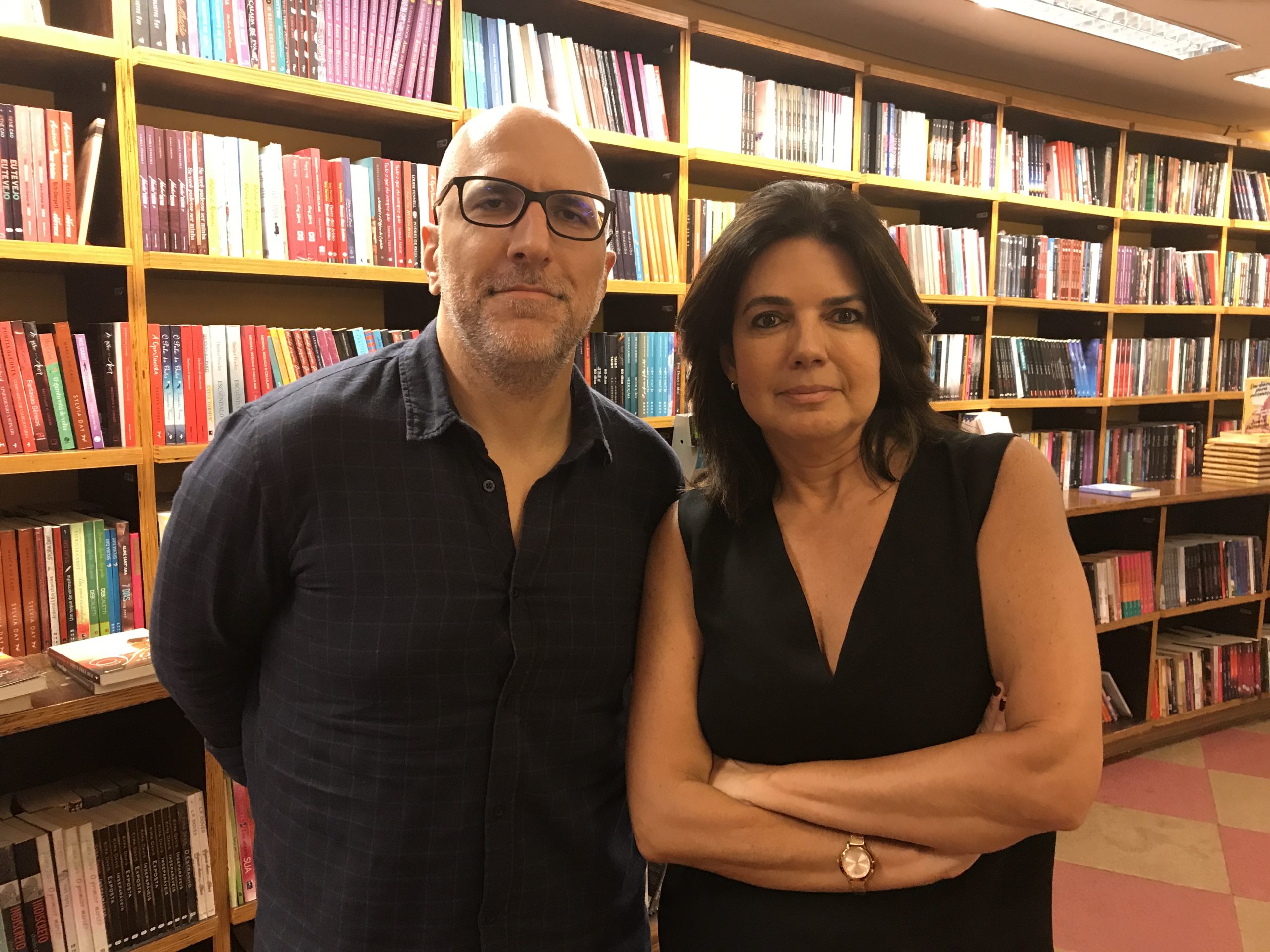
MyNews, completed two years in 2019 with a growing audience of 345,000 subscribers, about 30 people on staff and more than half a million Reais in profit (about US $99,000).
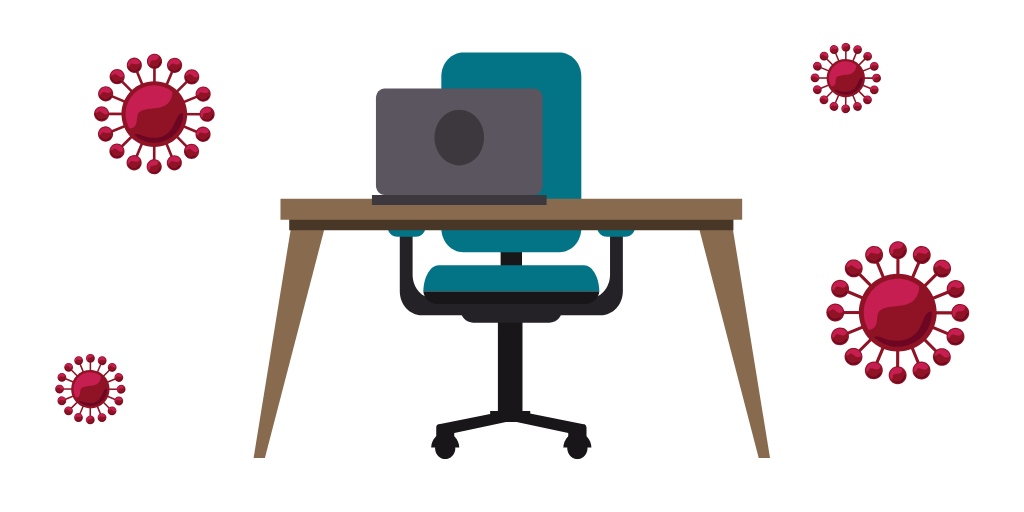
As the new coronavirus spreads across Latin America, newsrooms in the region take steps to prevent contagion and protect their teams.
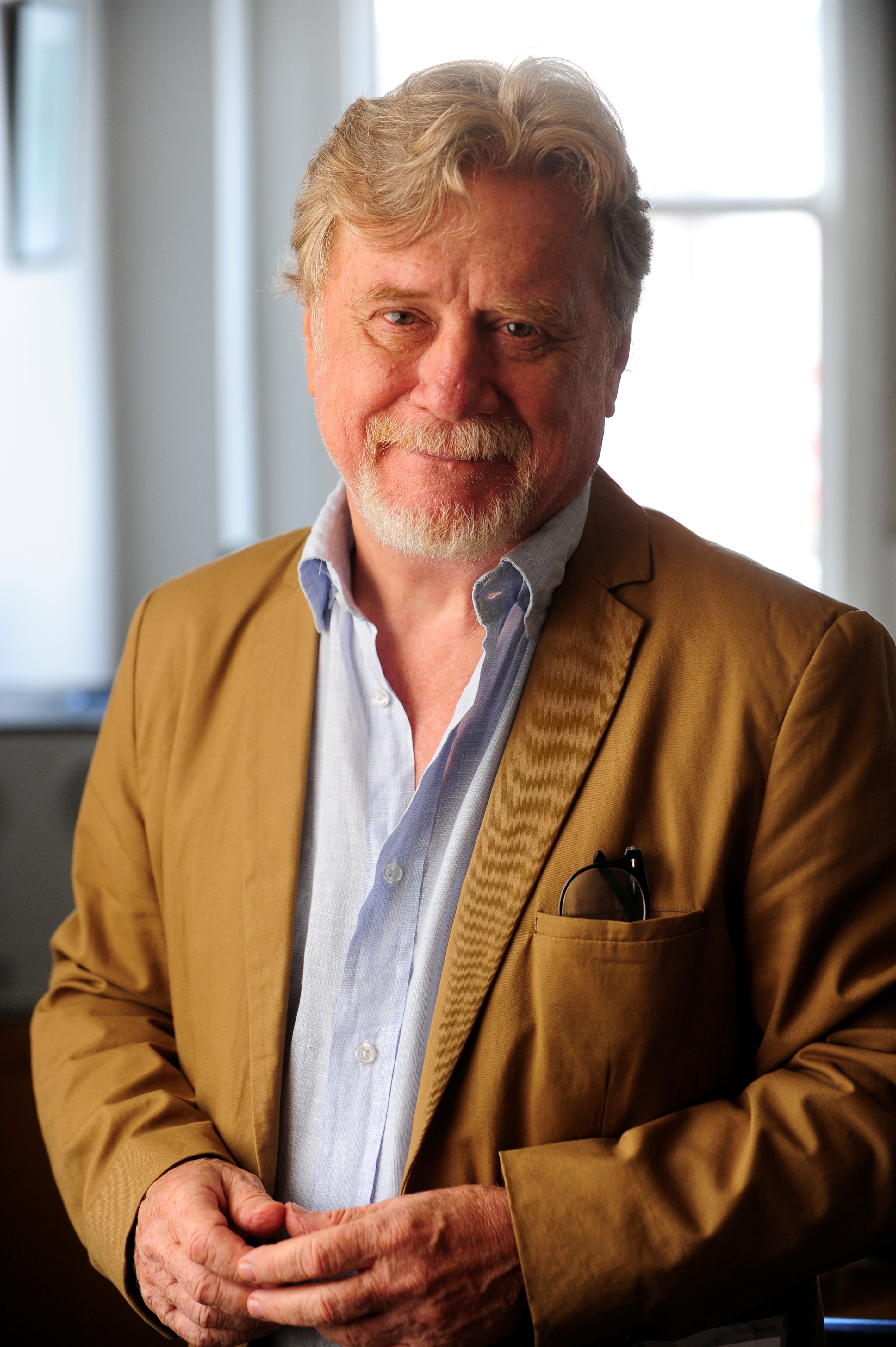
Argentine newspapers were late in the trend of the world press to implement paywalls to limit access to content to readers who pay for information. Clarín, a pioneer in the country, launched its digital subscription system just in 2017. For comparison, the Reforma group, from Mexico, was the first in Latin America to adopt the paywall, in […]